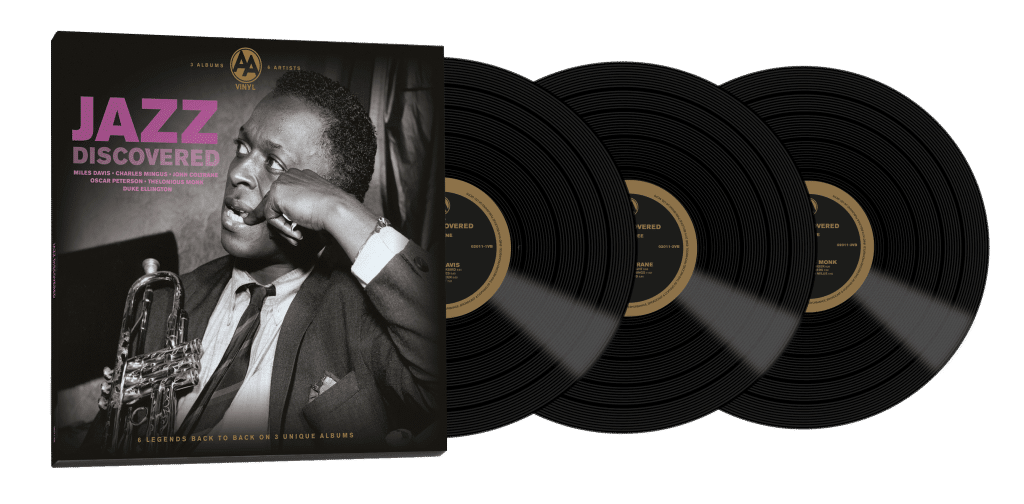
JAZZ DISCOVERED
Jazz has a reputation as a difficult genre, one that requires work from its audience. It is characterized by improvisation and offbeat accents (syncopations) but is notoriously hard to define. As Louis Armstrong famously said: “If you have to ask what jazz is, you’ll never know.” Adding to the genre’s mystique is the origin of the term. There is very little consensus as to the origins of the term ‘jazz’. But what most music historians agree on is that this most enduring of musical genres emerged from African Americans in the red light district of Storyville in New Orleans towards the end of the 19th century. Marching bands were popular in America at this time and black musicians began to add jazz signatures and flourishes, improvising around melodies. This is the sound of Traditional New Orleans – or ‘Trad’ – jazz.
Jazz spread across America and by the 1920s, Chicago was its new centre and the country entered what came to be known as ‘the Jazz Age’. The Chicago sound had bigger bands with bandleaders acting as both musical arrangers and soloists. In spite of its popularity – or perhaps because of it – jazz became a subject of a deep cultural anxiety and this was not confined to America. Fear of jazz and its influence was a key cultural concern across Europe and in the Soviet Union. Henry Ford was so appalled by couples jazz dancing that he invested huge sums of money into country music and barn dances, as they were seen to be more wholesome pursuits. In 1921, Ann Shaw Faulkner, president of the General Federation of Women’s Clubs, launched a national anti-jazz crusade saying, “Jazz was originally the accompaniment of the voodoo dance, stimulating half-crazed barbarians to the vilest of deeds.” In spite of the early jazz panic, from the 1930s and throughout the 40s, jazz reached new heights of popularity with the Big Band sound. It became the dominant jazz form with Duke Ellington as its most shining example. From the fifties onwards jazz became more experimental. By this time jazz musicians, tired of playing the old standards and stifled by the limitations mass appeal placed upon the art form, started to innovate. It was precisely because it was seen as an art form that musicians embraced experimentation and avant-garde thinking. This gave rise to such forms as Be-bop. It was fast and featured wildly individualistic solo improvisations and complex musical harmonies. Cool jazz, modal jazz, and jazz-rock fusion followed developing in the mid fifties and peaking the late sixties, largely lead by innovator, Miles Davis. How jazz music was performed changed too. In its beginnings, it was a collective affair, enjoyed at social gatherings and played to entertain audiences. As the genre progressed over the decades this changed to a more performance-driven approach, moving from an emphasis on collective improvisation to highly individuated solos.
Jazz composer and musician, Wynton Marsalis sums up beautifully what jazz means to America and why it is so important: “Jazz music is America’s past and its potential, summed up and sanctified and accessible to anybody who learns to listen to, feel, and understand it. The music can connect us to our earlier selves and to our better selves-to-come. It can remind us of where we fit on the time line of human achievement, an ultimate value of art.”

